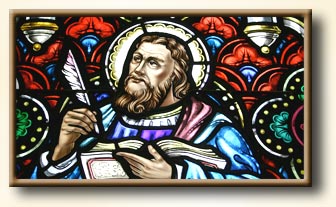|
Anglicanism provides a ritualistic form of worship. Ritual means simply a prescribed or customary order or worship. In Anglican churches, these prescribed forms are found in the historic Book of Common Prayer.
Ritual has the advantage of leaving nothing to chance. Nor is anything left to what might be the personal whim, bad taste, or bad judgment of the officiating minister. The rites prescribed include everything required for complete worship in an orderly, reverent and beautiful manner.
The Book of Common Prayer is universally acclaimed for the dignity, reverence and classic beauty of its forms and language. It allows for few surprises. The worshipper knows what the service will be like in any traditional Anglican church. One might say that, in modern times, this classic ritual provides the “inertial guidance system” for Christian worship!
On the other hand, ritual does pose a danger for officiant and worshipper alike. That is the danger that familiarity and frequent use many turn ritual into rote -- sheer mechanical, memorized, unthinking, automatic repetition. This can lead to boredom and inattention and even irreverence.
With awareness of this danger, it can be avoided and turned into a dividend. The worshipper can convert each Eucharist into a search for a word or a phrase or a prayer which has never really impressed itself on his consciousness before, and can then ponder its freshly-discovered meaning and beauty. Thus each service can be a fresh adventure, a fresh plumbing of new depths, the discovery of new riches in familiar old words and phrases, the attuning of the ear and the spirit to new shades of beauty and worship.
Anglicans have a form of worship developed and prescribed by the experience of the Church, of Christian worshippers, through many centuries. Much of it goes back to the earliest Christian worship, and even into the Old Testament and pre-Christian Jewish worship. Very little of Anglican worship has less than four centuries of Christian use behind it.
Anglican ritual, then, ensures that we worship in the same manner, often even in the same words, as Christian throughout Church history. By its use of some elements of ancient Jewish worship, Anglican ritual also underlines the fact that we are the new Israel, sprung out of the Old Israel. Realization of these facts can make worship a deeper, more significant, more reverent experience. It can make worship a thrilling experience as we feel ourselves indissolubly linked with the worship of the millions who have gone before us in adoration of Jehovah and the most blessed Trinity.
|



